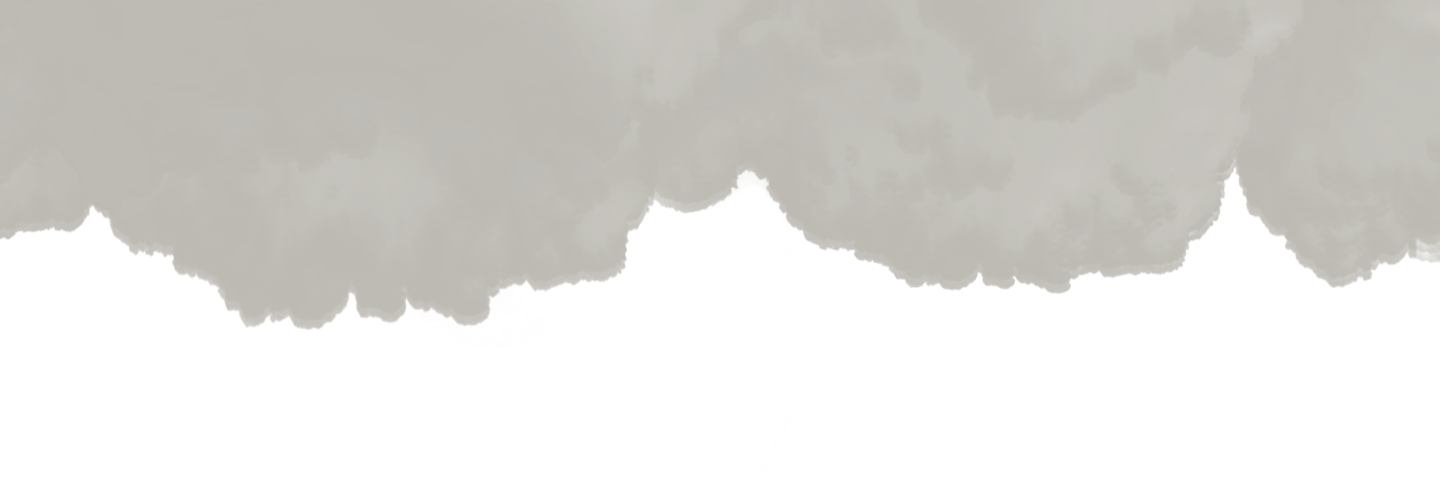For over twenty years, Krunoslav Sukić has been one of the unavoidable, leading personalities of the civil scene in our society. A professor of philosophy and literature by profession, after completing his studies, he first worked as a journalist and wrote great film reviews in the Voice of Slavonia, and then as a high school teacher in Beli Manastir. What we will remember him for a long time, however, is his contribution to peacemaking, the anti-war campaign and his commitment to advocating for the protection and promotion of human rights.
In the midst of the fiercest aggression against Osijek and Eastern Slavonia, i.e. at the time of our greatest national, political and social frustrations, Kruno Sukić remained calm and went against the current, heightened passions and hasty reactions, aware of their far-reaching consequences. With a small group of like-minded people, he designed and founded the Centre for Peace, Nonviolence and Human Rights at the end of 1991, showing the entire civilized world that even in the circumstances of the most serious national threat, we are able to act reasonably, non-violently and honorably. If he had not done anything more – and he did – it would have been enough to rank him among our most important fellow citizens.
Because, when many newly composed patriots profited materially and politically from the suddenly awakened national consciousness, Kruno Sukić – who was declared a nationalist in a staged political process in the former socialist regime and expelled from his job and placed under the supervision of the then State Security Service – considered it dishonorable to refer to his personal life calvary and charge for his own sacrifice. Instead, in those tragic (post)war years, he selflessly and sincerely helped all those who needed help.
Unlike many notorious politicians who only manifested it verbally, he truly cared about the public and common good. He critically warned of numerous social injustices, of which he himself was a victim, but gentlemanly in spirit and behavior, he never asked for anything for himself. He was a man of encyclopedic knowledge, inconceivably honest for our time. I guess it was precisely because he was like that that that he ended up being pushed to the margins of society. In fact, it is difficult to comprehend that our essentially small and poor community renounces the best among us with such unbearable ease.
Kruno did not agree to that margin; He resisted political violence and social injustice, but this intellectual rebellion was to his detriment. In the end, he paid for it with his life, in the peak of his intellectual strength at the age of 56, literally on the margins of the city to which he gave the best part of himself. And he did so in a fit of brute force that, metaphorically, he resisted for most of his short life.
Undoubtedly, he will be missed the most by his loved ones, wife Franka and daughter Tonka, and many are yet to realize what a privilege it was to know him and hang out with him.
Krunoslav Sukić (56) died on Friday evening, around 6:30 p.m., under the wheels of a freight train on the railway bridge in Osijek.

